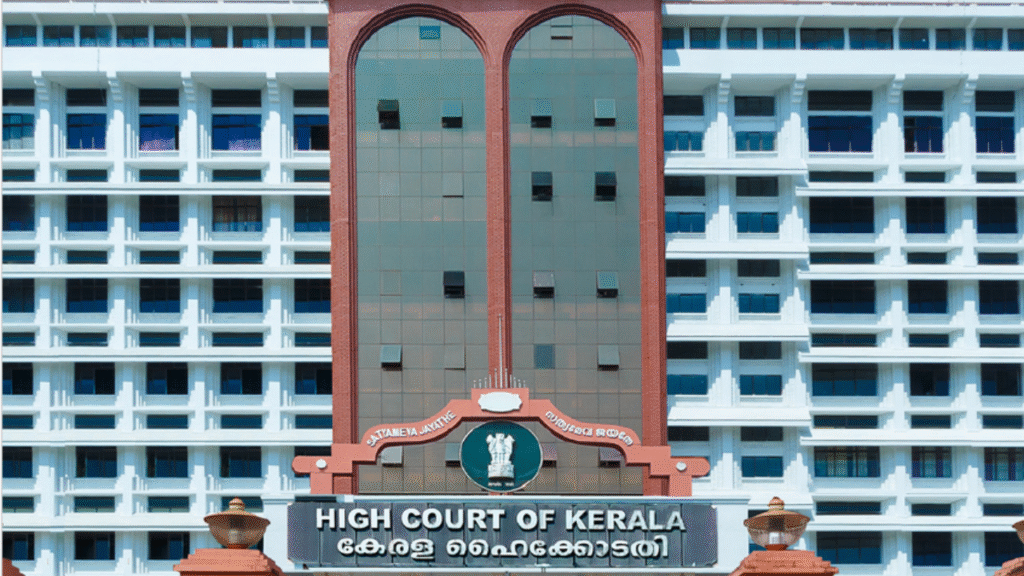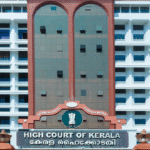Public Interest Litigation concerning the Kerala State Electricity Regulatory Commission’s decision to conduct an online-only public hearing for draft regulations pertaining to renewable energy, challenging the omission of physical hearings.
(2025) 7 KCD 285 : 2025 KER 55670
High Court of Kerala at Ernakulam WP(PIL) NO. 79 OF 2025 Decided On: July 28, 2025 Coram: Hon’ble The Chief Justice Mr. Nitin Jamdar & Hon’ble Mr. Justice Basant Balaji
Petitioner’s Stance: The Domestic On-Grid Solar Power Prosumers Forum – Kerala, an association dedicated to the welfare of solar energy users, sought a direction for the Kerala State Electricity Regulatory Commission (R1) to conduct public hearings in a hybrid mode (physical and virtual), at multiple centers across Kerala, consistent with past practice. The petitioner argued that the proposed Draft Regulations of 2025, particularly regarding net metering, would significantly impact solar energy use in the State and that the Commission’s Evaluation Committee for these regulations lacked representation from key stakeholders. They emphasized that restricting hearings solely online was a deliberate attempt to discourage participation, failed to account for the digital divide, and that physical hearings allowed for genuine stakeholder engagement.
Respondent’s Stance: The Kerala State Electricity Regulatory Commission (R1) contended there was no legal mandate for physical public hearings. It cited past law and order issues at physical hearings, including disruptions in 2024, as the reason for switching to an online-only format. The Commission asserted that online hearings would ensure wider reach, convenience, address health considerations, and be transparent through live-streaming.
Court’s Analysis and Decision:
The Court noted that while Rule 3(4) of the Electricity (Procedure for Previous Publication) Rules, 2005, did not mandate the manner of receiving objections, the Commission had an established practice of conducting public hearings in physical or hybrid mode in the past.
The initial notice for the Draft Regulations of 2025 itself mentioned that the “date and venue” for a public hearing would be intimated, implying a physical location.
The Court highlighted that public hearings are a vital component of the regulatory and democratic process, allowing stakeholders to participate and express perspectives. It acknowledged the digital divide and discomfort many stakeholders might have with online-only participation.
The Court found the Commission’s decision to discontinue physical hearings in response to past disruptions to be arbitrary, irrational, and disproportionate. It emphasized that abandoning physical hearings rewards those who disrupt and is detrimental to genuine stakeholders.
The Court stated that maintaining law and order is the State’s responsibility and that the Commission should have engaged law enforcement or established clear rules for conduct, rather than discontinuing the mode of hearing altogether.
While reviewing the Commission’s proposed Standard Operating Procedure (SOP) for future physical hearings, the Court found some clauses unduly stringent and cautioned that the SOP should not impede free expression.
The Court found no justifiable reason for the Commission to deviate from its past practice of holding physical hearings at multiple prominent locations (Kozhikode, Palakkad, Ernakulam, and Thiruvananthapuram), especially given the significant impact of the proposed regulations.
Directions: The High Court directed the Kerala State Electricity Regulatory Commission to notify and conduct physical public hearings at four locations: Kozhikode, Palakkad, Ernakulam, and Thiruvananthapuram, similar to previous hearings for draft regulations and tariff proposals. The Commission is given discretion on specific venues, times, and logistical arrangements, ensuring accessibility, sufficiency, convenience, and safety. The Commission may formulate procedures for conduct but must ensure they do not stifle free expression. The Court also stipulated that the Commission could request the State Police Chief and City Police Commissioner (R2 & R3) to deploy sufficient police personnel for orderly physical public hearings, and these authorities must provide necessary assistance.
The Writ Petition was disposed of on these terms.

